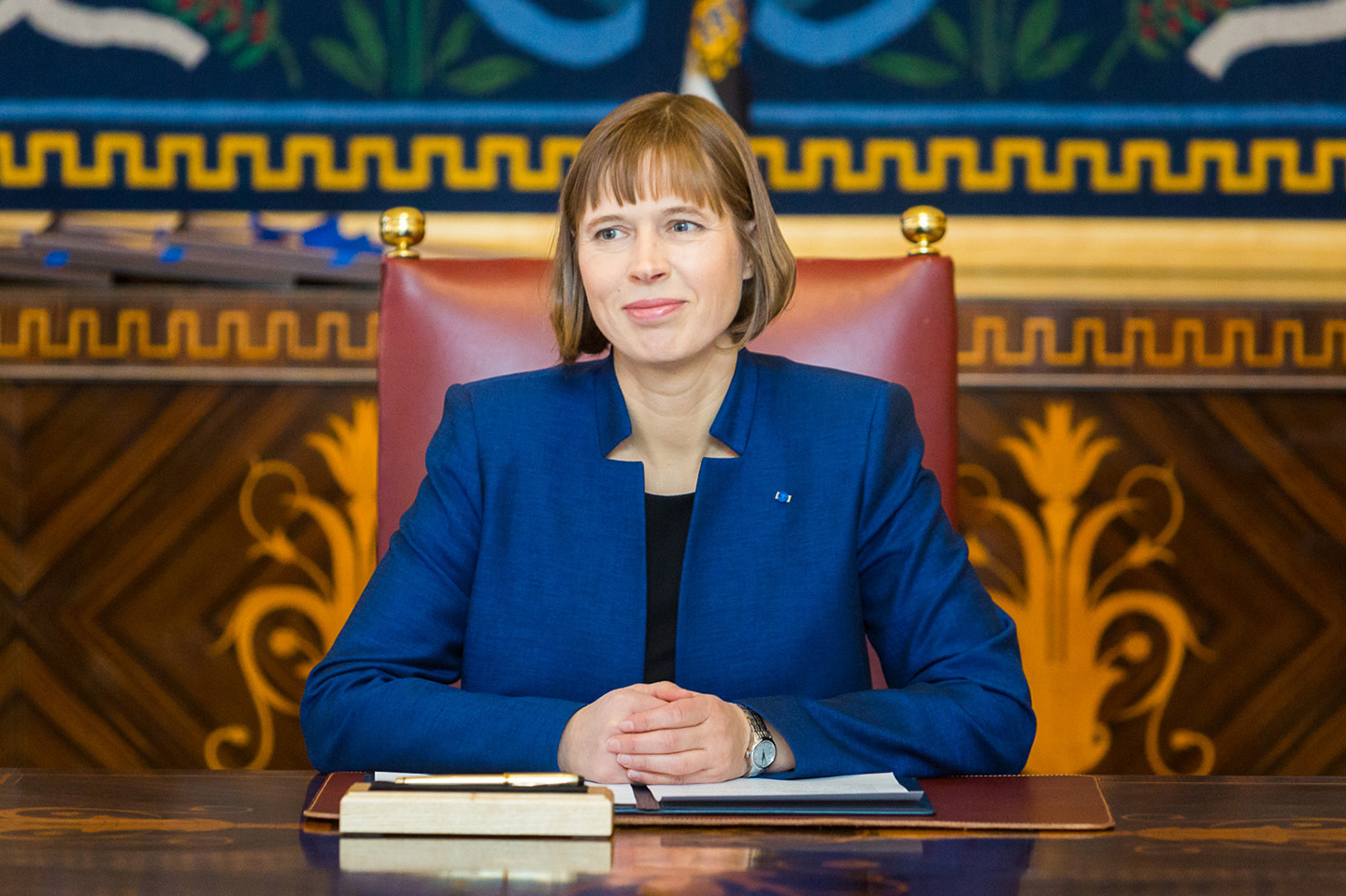
The Estonian Human Development Report is a portrait of today’s Estonia, along with conceptual tools that help us to visualise the life of our children and grandchildren in tomorrow’s Estonia. It provides guidance for any politician who wishes to act as a true statesman and make decisions that affect the lives of future generations.
Everyone needs a state that provides an opportunity for them to have their place in society. The more people’s lives are characterised by mobility and working abroad, the less tied to geographical location the agreement between the individual and the state becomes. We need to offer our increasingly nomadic citizens a permanent relationship with the state, the opportunity to pay taxes and benefit from the social safety net, for example health insurance and pensions, no matter where on the globe they may live. If we can offer the same to our e-residents, we will definitely be among the most successful countries in the world by the second half of 21st century.
The decision to stay in Estonia is no longer made for an individual by large companies offering poorly paid jobs. People make these decisions themselves: where to drop anchor, and to which country they are linked through taxes and social benefits. Today’s migrant workers often lack social security, and are essentially as unbound as birds socially, even though they work and create benefits here and there. There is little for them to hold on to. If we are skilful enough, we could be the first country in the world to be able to offer them something solid to grasp. We are closer to it than any other country.
Migrating workers are young, working age and capable, and should contribute to society. Let’s let them contribute to our society!
After all, despite rather significant wealth disparities, Estonia is one of the fastest-developing societies in Europe – the change in its Human Development Index (HDI) has been remarkable. This demonstrates that the main public services ensuring quality of life, education and healthcare are accessible to the majority of the population and their quality does not materially depend on a person’s financial standing. No doubt this is not always the case, but in general it is true.
To provide a greater sense of security for people, we need to be able to provide high quality education to all children, whatever their place of residence or their parents’ level of income. Our social contract concerning comprehensive education and maintaining quite a high level of expenditure on education makes it possible.
We need to adopt the same model in the provision of health care services: accessibility of services must never depend on the place of residence or income level. While the quality of medical treatments is quite high, general health maintenance and preventative medicine are still below par. There is no social agreement regarding healthcare similar to that for education.
If these two services – healthcare and education – are available to all people on equal terms, both the HDI ranking and people’s confidence will increase. This will also reduce social tensions in society caused by income inequality.
It is very important for an Estonian to be able to live in the space of his/her own language, culture and customs. Therefore, Estonian language teaching should be accessible to all who wish to learn Estonian, whenever and wherever they wish. And irrespective of for how long they have come to Estonia. The policy of one official language cannot be too lenient, for the sake of reducing the problems related to a mobile population. Rather, we must ensure that at the least all children who start school have acquired in kindergarten the level of Estonian language skill necessary to study in Estonian-medium schools.
A new phenomenon in our society is the need to explain our traditions and customs. The Estonians have great tolerance towards other cultures, traditions and customs, provided that these do not start to limit our own ability to live in a society in which we feel at home. How do we explain our ways to the newcomers without imposing restrictive rules? There is no clear answer to this question yet, but we will surely learn how to respond. For sure the need exists, as this Human Development Report makes clear.
Kadriorg, 26 April 2017